Keywords: Miriam Rose Ungunmerr
-
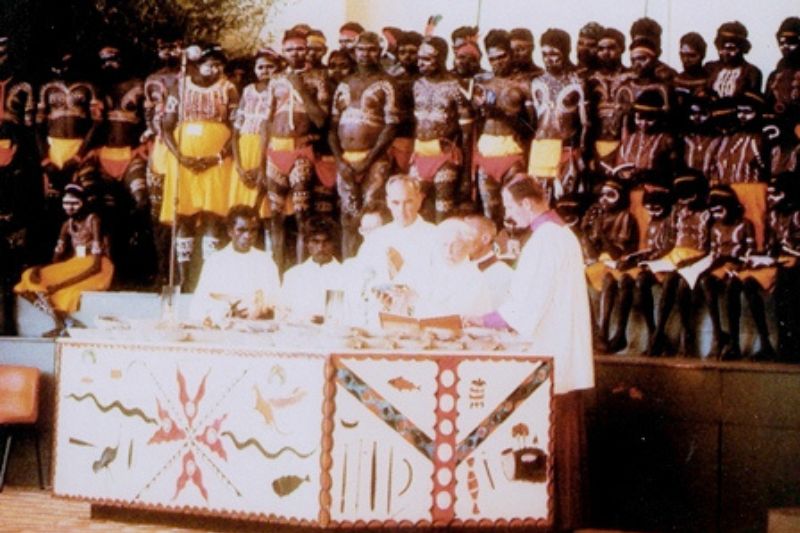
RELIGION
- Brian McCoy
- 11 January 2024
Fifty years ago, the Aboriginal Liturgy was the first attempt by the Catholic Church in Australia to re-shape the Mass, and was the first time we had witnessed and experienced Aboriginal people expressing their Catholic faith in ways that were culturally different from our own.
READ MORE
-
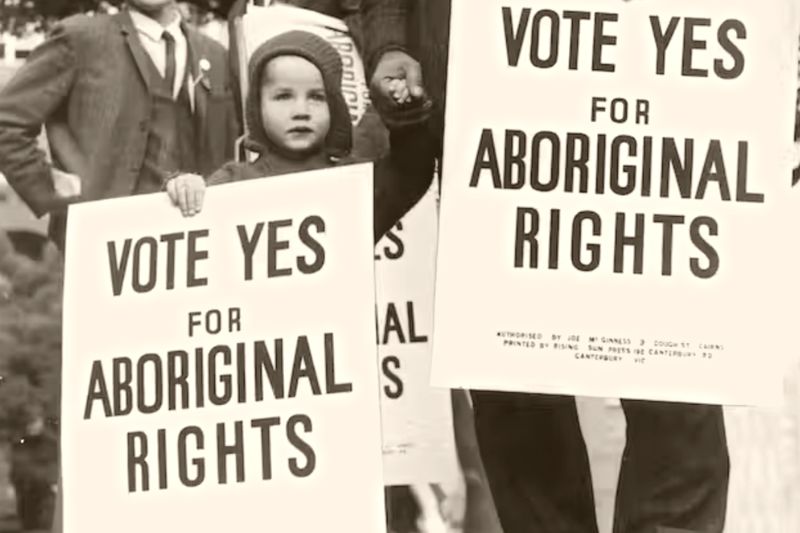
AUSTRALIA
- Frank Brennan
- 05 June 2023
19 Comments
The wording of the proposed change to the Australian Constitution to enshrine a First Nations Voice might not be perfect. But whatever the imperfections and the risk of future complications, it is high time that Australia’s First Peoples were recognised in the Constitution in a manner sought and approved by a broad cross-section of Indigenous leaders.
READ MORE
-

RELIGION
- Brian McCoy
- 20 February 2023
15 Comments
Fifty years ago, the Aboriginal Liturgy was the first attempt by the Catholic Church in Australia to re-shape the Mass, and was the first time we had witnessed and experienced Aboriginal people expressing their Catholic faith in ways that were culturally different from our own.
READ MORE
-
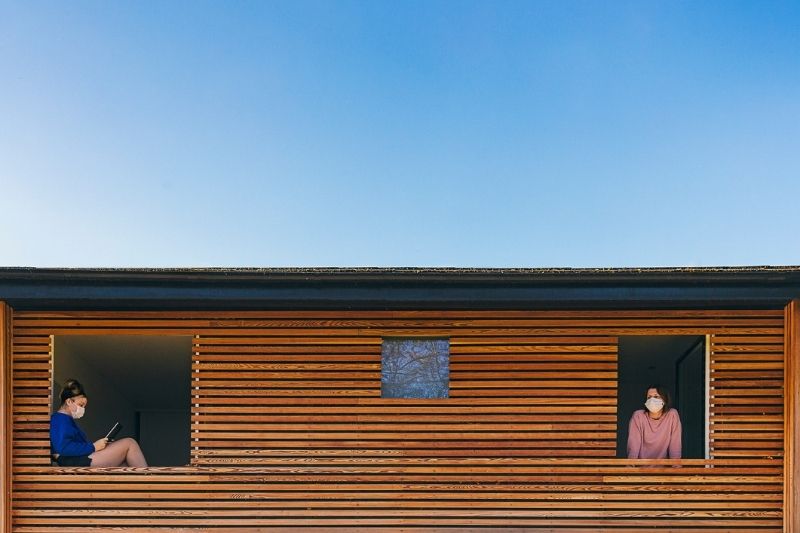
RELIGION
- Beth Doherty
- 01 July 2022
6 Comments
Debate between more traditionalist Catholics and those who want to see reforms more fully implemented has become increasingly heated in the lead-up to the Plenary Council. One thing that could prevent a serious split from happening is the simple act of talking — and listening — to one another.
READ MORE 
-
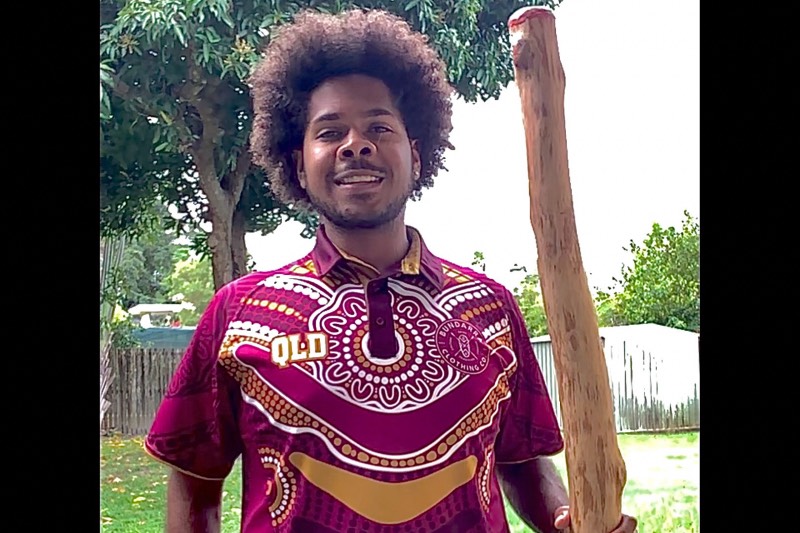
FAITH DOING JUSTICE
The question of reconciliation in the Church is particularly pressing, given 2021 marks the 250th anniversary of the arrival of Christianity in Australia, and the 150th anniversary of the arrival of Christianity to the Torres Strait. Yet many First Australians recognise that the Spirit of God was poured out onto the original inhabitants of this great Southern Land many, many thousands of years prior.
READ MORE 
-
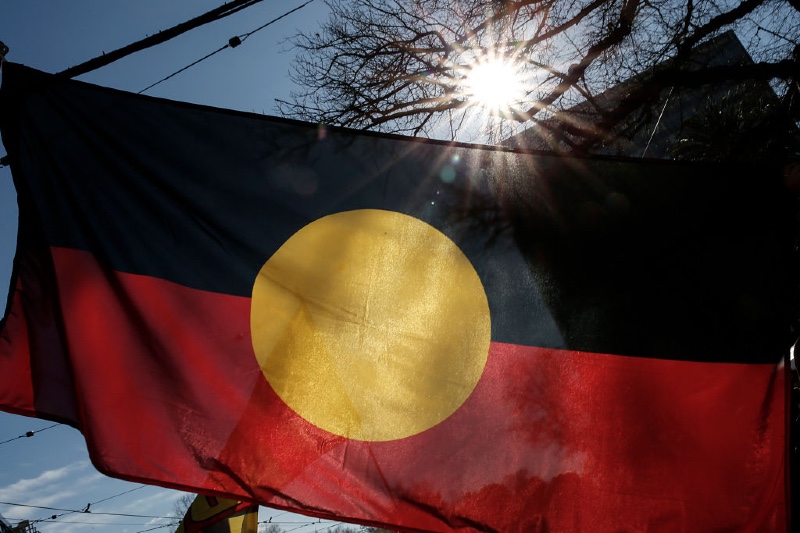
AUSTRALIA
Victoria’s Yoo-rrook Justice Commission, a truth-telling inquiry that will investigate injustices committed against Aboriginal Victorians since colonisation, rightly looks to similar models in South Africa and Canada. Each of these also had a clear Indigenous focus and addressed the ravaging impact of white settlement on traditional lands, cultures and communities in their respective countries.
READ MORE 
-
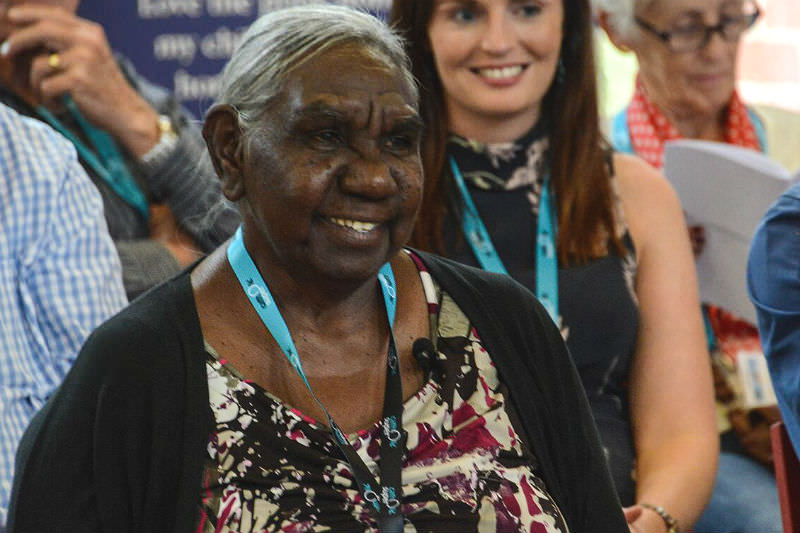
PODCAST
We live in a world full of constant sound and movement. What do we miss when we fail to stop and listen? Miriam-Rose Ungunmerr is an Aboriginal elder and educator from Nauiyu (Daly River) in the Northern Territory. She is known for spreading the concept of daddiri, which is a dimension of Aboriginal spirituality.
READ MORE
-
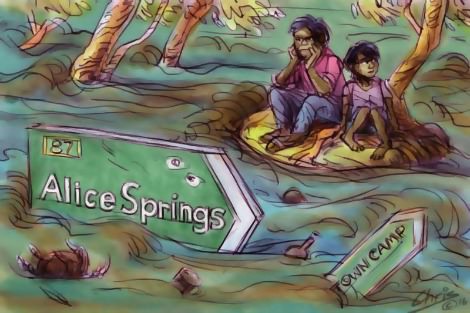
AUSTRALIA
- Mike Bowden
- 29 January 2016
9 Comments
The Northern Territory News and the ABC reported this month that the Central Australian Affordable Housing Company had been unsuccessful in its tender for continuing tenancy services to the Town Camps of Alice Springs. Despite being a product of the Intervention, CAAHC had developed a powerful model of community housing and had the support of the Central Land Council and the wider Aboriginal community. It appears that these are not attributes the NT government admires.
READ MORE 
-

- Frank Brennan
- 25 May 2015
7 Comments
There are many things different from Ted's day, but he would have spoken of them without fear or compromise. A pope from the South who asks 'Who am I to judge?'; a 62 per cent Irish people's vote in favour of expanding the definition of civil marriage; the long awaited beatification of Oscar Romero whose identification with the poor did not win immediate Vatican approval; the call by civic leaders for an Australian cardinal to return home and answer questions posed by a royal commission; and the election of a black US president.
READ MORE
-

RELIGION
- Frank Brennan
- 24 October 2013
'Here is a pope who is not just about creating wiggle room or watering down the teachings of the Church. No, he wants to admit honestly to the world that we hold in tension definitive teachings and pastoral yearnings — held together coherently only by mercy and forgiveness.' Frank Brennan's Wallis Lecture presented in Hobart on 24 October 2013 and Launceston on 25 October 2013.
READ MORE
-
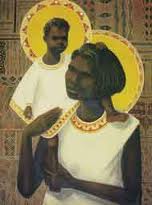
AUSTRALIA
- Frank Brennan
- 23 October 2013
2 Comments
'We spent about a week planning the baptism of 12 kids using traditional symbols including the water ceremony to welcome newcomers to country, the firesticks, the smoking, and the ti tree bark to heal and make strong. Miriam has always drawn strength from culture and church no matter what the internal tensions.' Frank Brennan launches the Miriam Rose Foundation at St Mary's Cathedral Darwin.
READ MORE
-

MARGARET DOOLEY AWARD
- Evan Ellis
- 10 January 2013
4 Comments
St Benedict of Nursia knew about living in a dying world. He was born 25 years after the Vandals sacked Rome and died months after the Ostrogoths had their turn. He watched as old certainties went up in flame. As existing institutions were hollowed out or winnowed completely, Benedict started a revolution. Wednesday 12 September
READ MORE 